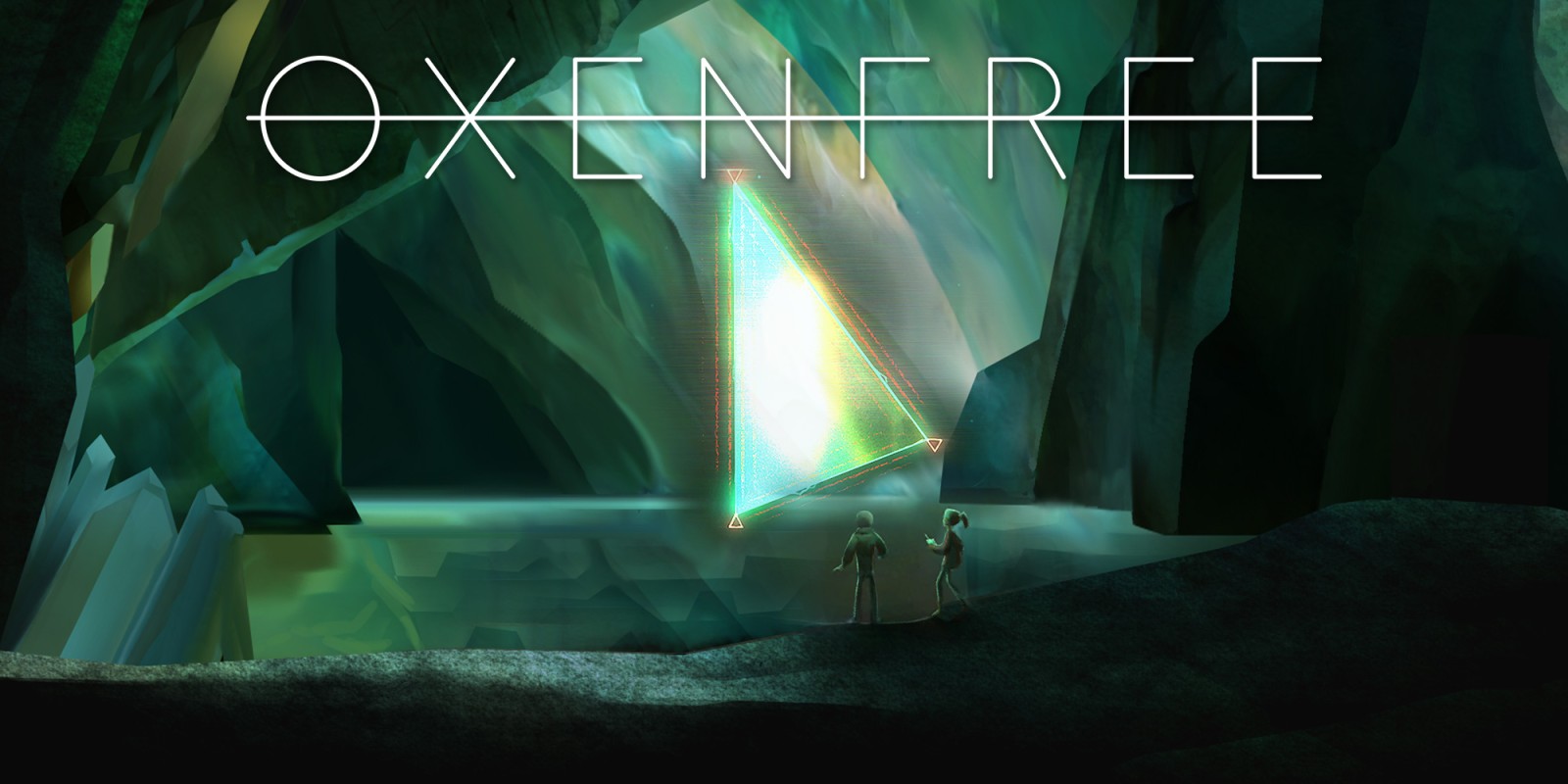
The story is short-you’ll finish it in about six hours, maybe more if you decide to look for optional letters scattered around the island-but it’s superbly paced and written, and you’ll immediately want to play it a second time to see what other paths you can take and the different directions your relationships can go in. Alex’s journey is an emotional one, and she’s forced to confront difficult things in her life. Your predicament has close ties to the island, and also your own past. It’s mostly a game about exploration and story. It has adventure game stylings, but there are no real puzzles to speak of. Outside of the character relationships, there isn’t much to Oxenfree. It’s not a massive space, but makes up for its limited scale with rich world-building. On the island you'll find, among other things, an abandoned military base, a campsite, a forest, and a small, uninhabited town.

When you see a sign with a certain icon, you can tune your radio into a frequency that reveals the island’s history-including a story about a tragedy involving a World War II submarine. It has a storied past which you learn as you wander. The group becomes separated, and Alex takes it upon herself to find her friends on the eerily quiet, empty island. I won’t say what happens next, because this is a story-driven game and unraveling its mysteries is key to the experience, but their evening suddenly takes a dark turn. A local myth is that if you tune a radio into certain frequencies on the island you’ll hear ghostly messages-an urban legend Alex and her friends decide to investigate. Check some of my other etymology-related blog posts here.Īlso, if you have any questions, let me know in the comments below.You play as Alex, a blue-haired teenager who comes to Edwards Island with a group of friends, and her new step brother, to hang out, drink beer, and explore. Rather than research it and move on, I like to write blog posts to help people with the same curiosity. I often question the origin of words and phrases. Do you agree? Let me know in the comments below. Could this phrase perhaps have been a German saying that English children started using? To me, this is the most likely explanation. This last one here- alle, alle, auch sind frei-is actually a German phrase that translates to English as “all, all also are free”.
PLAY OXENFREE FREE FREE
Some different variations of olly olly oxen free are: That’s part of the reason there are so many different ways to say and spell the phrase. The phrase was most likely passed orally from one child to another without an adult writing the phrase down. Since olly olly oxen free is a children’s saying, there really isn’t a correct spelling of the phrase.

In plain English, this would mean “all who are out can come in free”. So putting it all together, olly olly oxen free translates from childish gibberish to “all of you, all of you, out are free”. Oxen free would then mean something along the lines of “outs are free”. All ye means “all of you”.īut what does “oxen free” mean? Most likely “oxen” is a youngster’s mispronouncing of “outs in” or better yet “out are”. Think along the lines of the popular Christmas carol O Come, All Ye Faithful. Where did the phrase olly olly oxen free come from anyway? Let’s dig into this a little bit deeper and finally figure out what it really means.Īccording to some language experts, “olly” is a variation of the phonetic spelling “all ye”. But intuitively, this phrase makes little sense. Olly olly oxen free is a phrase most commonly used in children’s games, especially when playing hide and seek, to signal that other players are safe to come out of hiding.


 0 kommentar(er)
0 kommentar(er)
